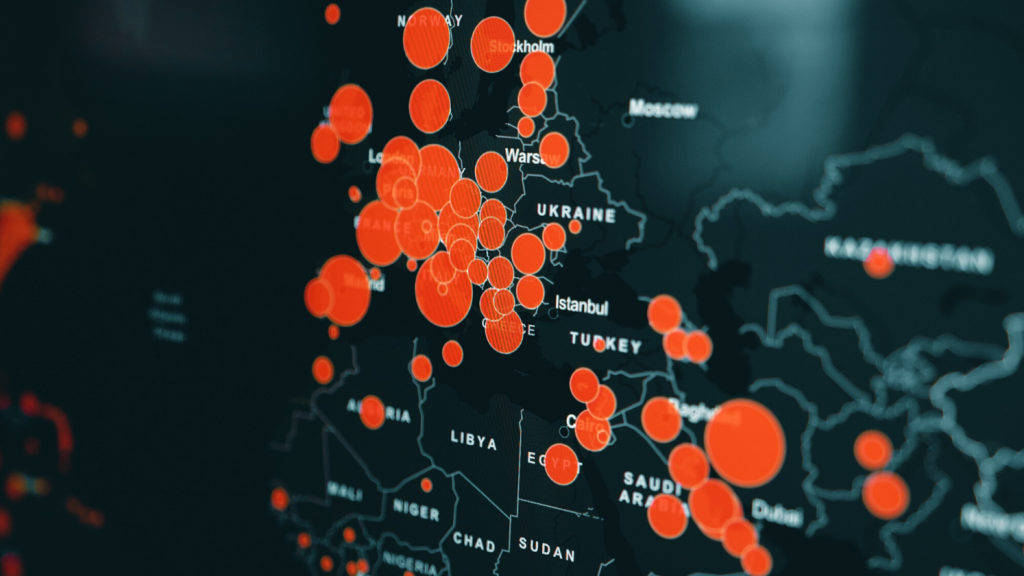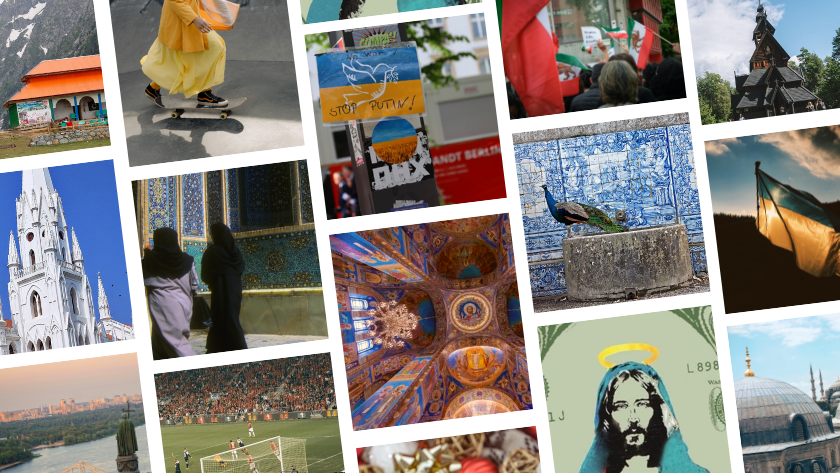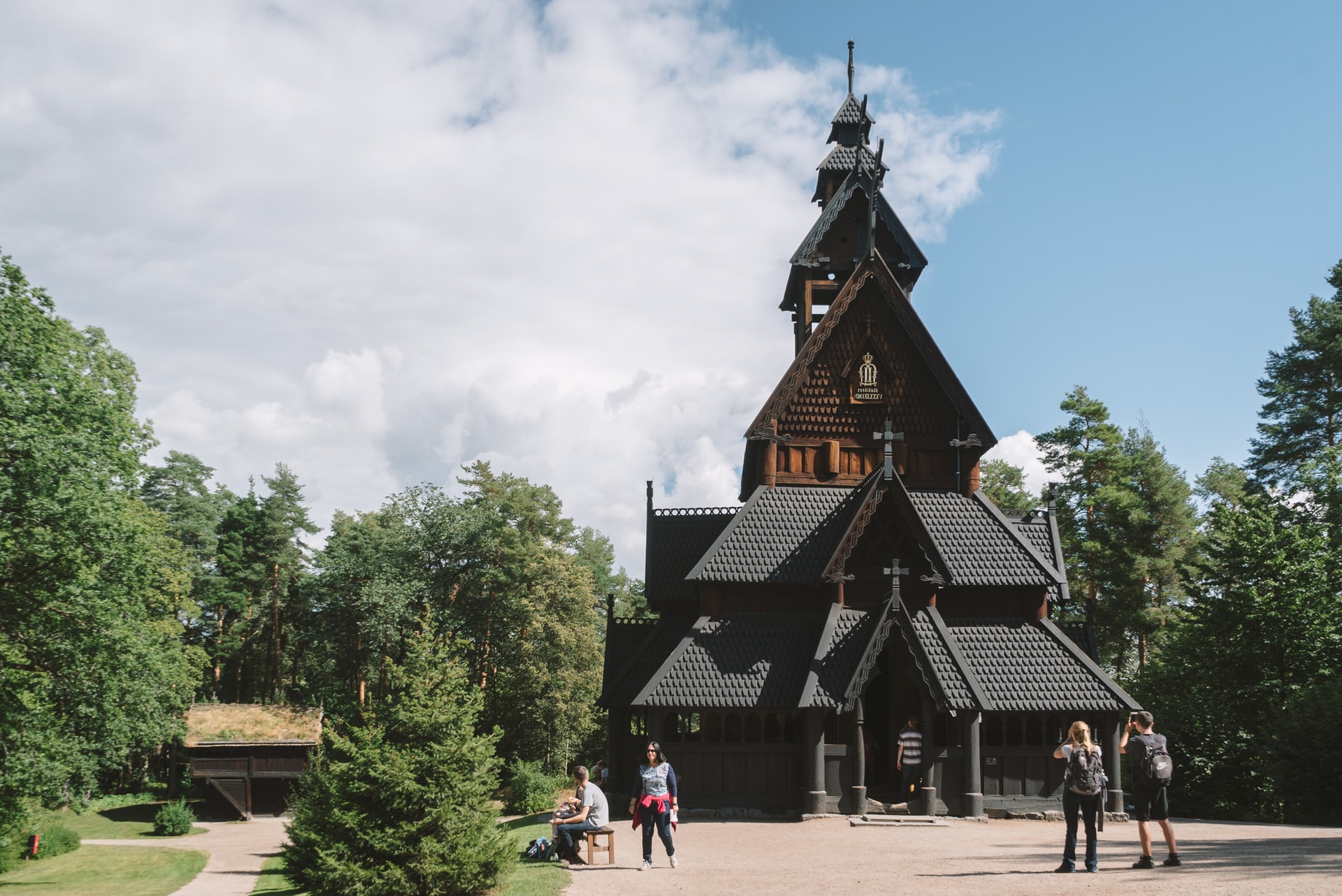In the latest census, the voluntary question on religion received more answers than previous years. The results showed a drop in the percentage of citizens identifying as Christian, while “no religion” was the second most common response. Knox Thames looks at what this could mean for people with no religion.

Britain is no longer majority Christian. Recent surveys indicated an increase of non-religious individuals in the United Kingdom. It’s a seismic sociological shift, but one without legal ramifications. Most Brits treated the information with an unsurprised shrug. However, in other parts of the world, walking away from faith, or holding no faith, can face deadly consequences.
In many countries, non-believers – atheists, agnostics, and humanists – must hide their true identity. Revealing this can lead to painful legal and societal discrimination, and even severe persecution. Non-believers are susceptible to charges of blasphemy or apostasy, with harsh punishments to follow.
According to Humanist International’s recently released Freedom of Thought Report, “In some countries, it is illegal to be, or to identify as, an atheist.” Humanist International reported how 83 countries punish blasphemy through fines and jail. Ten countries stipulate the death penalty for apostacy – Afghanistan, Iran, Malaysia, Maldives, Mauritania, Nigeria, Qatar, Saudi Arabia, United Arab Emirates, Yemen. Moreover, even when not jailed, non-believers are often denied fundamental citizenship rights, facing discrimination in employment, housing, family law, and civil and criminal proceedings.
Take the case of Mubarak Bala, a Nigerian atheist sentenced in April to 24 years in prison for posting on Facebook the “wrong” beliefs. His high-profile, decades-long sentence sent a shockwave through Nigeria’s small community of non-believers. Yet he is not alone. There are other Mubaraks around the world who also face persecution when their beliefs run counter to traditional norms. They need religious freedom protections too.
International standards for freedom of religion or belief recognise the right of individuals to hold any faith or none, to change faith, and to share one’s beliefs peacefully and without coercion. It covers deistic, polytheistic, and atheistic beliefs. Religious freedom protects the conscience and rights of women and men to decide for themselves ultimate truth free from reprisal or violence. They are free to set their own moral compass towards true north.
Consequently, governments must not discriminate on account of religion or belief. Granting citizenship rights based on participation in a recognised faith community violates these norms. Despite these international standards, persecution on account of belief (or non-belief) continues like a plague.
Reflecting the precarious position of non-believers, the U.S. State Department decided to fund organisations defending their right to freedom of belief. Some harshly criticised the move, accusing the administration of supporting a particular belief system over others. But the recent criticism was misplaced. The State Department programme would not promote a particular belief system, something that would run afoul of the U.S. Constitution. Instead, it recognises non-believers’ extreme vulnerability to persecution, and their need for assistance. For the United States to holistically and sincerely promote religious freedom, it must also defend the right of individuals not to believe.
However, helping one community does not require ignoring others. Expanding protections for one group can reverberate across a society, helping others. For instance, the situation of non-believers is strikingly similar to converts to Christianity and other faiths. The World Watch List by Open Doors tracks global Christian persecution. Many of the top countries of concern cited by Humanist International overlap with Christian repression. Open Doors lists Afghanistan, Somalia, Yemen, Nigeria, Pakistan, Iran, and Saudi Arabia as places of “extreme persecution” of Christians. The same is true for non-believers in those countries. The plight of LGBTQI communities is similarly dire in those same nations.
Building common cause among this community of suffering offers new possibilities for alliances among groups that do not normally associate. A shared agreement around human dignity can avoid theological and philosophical disagreements. Everyone can agree no one should suffer violence or jail for their beliefs or who they love. Reforming social or legal restrictions impacting one group can assist others and relieve human suffering.
Non-believers in the west can live openly, free from legal penalty and protected from discrimination. However, elsewhere they suffer persecution for the simple decision to pursue truth as their conscience leads. They must not be forgotten.
Photo by Clay Banks on Unsplash



